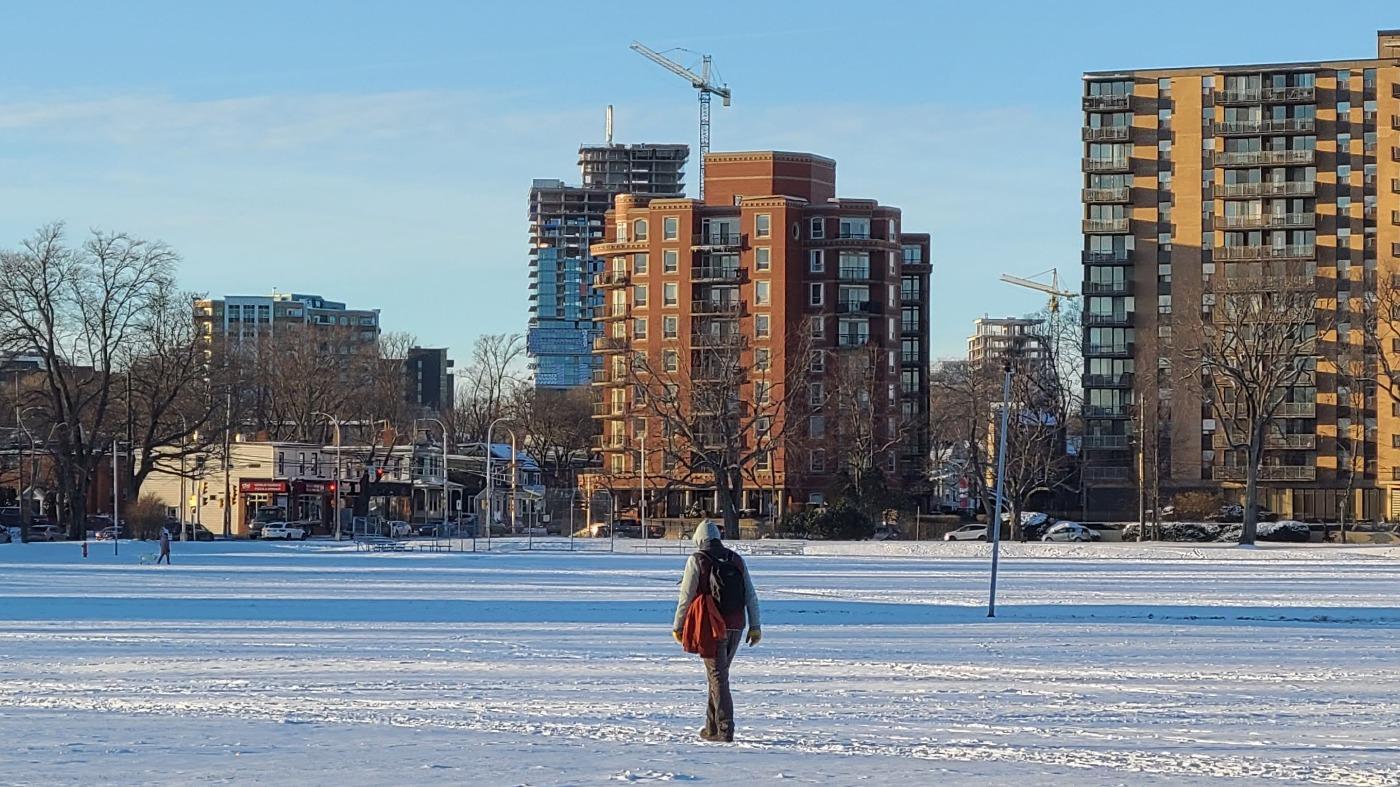Average rent in Halifax increased at ‘fastest pace on record,’ CMHC report shows
Halifax resident says she's priced out of the city

caption
The CMHC reported last week that the average annual rent hike in Halifax in 2022 was 8.9 per cent.Halifax renters had “no relief” in 2022, according to Canada Mortgage and Housing Corporation’s latest rental market report.
The city’s average rent increased by 8.9 per cent to $1,350, despite the province’s two per cent rent cap for tenants who remain in the same unit.
“There was no relief for renters in 2022, as the vacancy rate was unchanged and average rent increased at the fastest pace on record,” senior analyst Kelvin Ndoro stated in the report released Jan. 26.
This marks the highest single-year increase since 2002 and four times the average historical baseline since 1990, according to the housing agency. Related stories
Thirty-three-year-old graduate student Christina Coculuzzi is a south-end resident who said high rent is pricing her out of the city. In April, she said she will be moving to Ottawa to live with her parents.
“Even if I do get a professional job, looking at the salaries of what they’re willing to pay … and the rent that I would have to pay, I would still be broke,” Coculuzzi said.
If she can find a job in Ottawa, living with her parents would allow her to pay off student loans quickly but Coculuzzi estimates she would have to stay for two to three years.
Coculuzzi said her two-bedroom apartment unit here, which she shares with a roommate, costs $1,800 per month and three-quarters of her minimum-wage income goes toward housing costs.
“Only three per cent of the rental universe is affordable to renter households in the lowest 20 per cent of the income distribution (yearly income less than $28,000),” the CMHC report states.
It also finds 13,561 people left the province in 2022 compared to 2021 — a 33 per cent increase. However, there were twice as many in-migrants as out-migrants.
Jill Grant, retired professor of planning at Dalhousie University, said more public housing is needed to address rising rent.
It “would be more responsive to the means that people have instead of setting rents that are not realistic for many households,” said Grant.
Singapore and South Korea are examples of places with high proportions of public housing, Grant said, and as a result “people are less precariously housed.”
A 2019 paper from RMIT University in Australia found “public housing to be a very strong protective factor reducing risks of homelessness.”
“The increase in average rent was highest in Dartmouth North, at 12.7 per cent,” the CMHC report states. “This area had the lowest overall average rent in the city ($1,040).”
The average rent for Halifax units which turned over to new tenants was $363 more expensive than those where the tenant didn’t change, according to CMHC data.
“This rent disparity might be from renovated turnover units or property owners adjusting rents to market value because of higher operating costs,” the report states.
For Coculuzzi, friends and family ties to Nova Scotia make her sad to leave.
“I love living here and I wanted to stay,” she said.
The rent cap expires on Dec. 31.
About the author
Andrew Lam
Andrew Lam (they/she) is a Chinese and trans journalist interested in labour, LGBTQIA+, and political stories. They hope to leverage their data...
